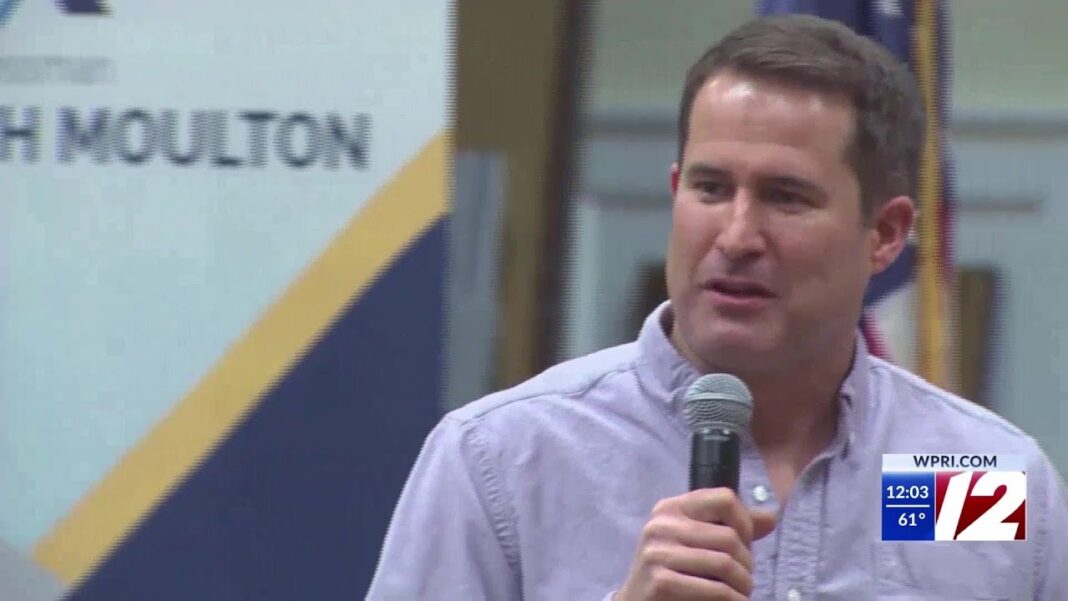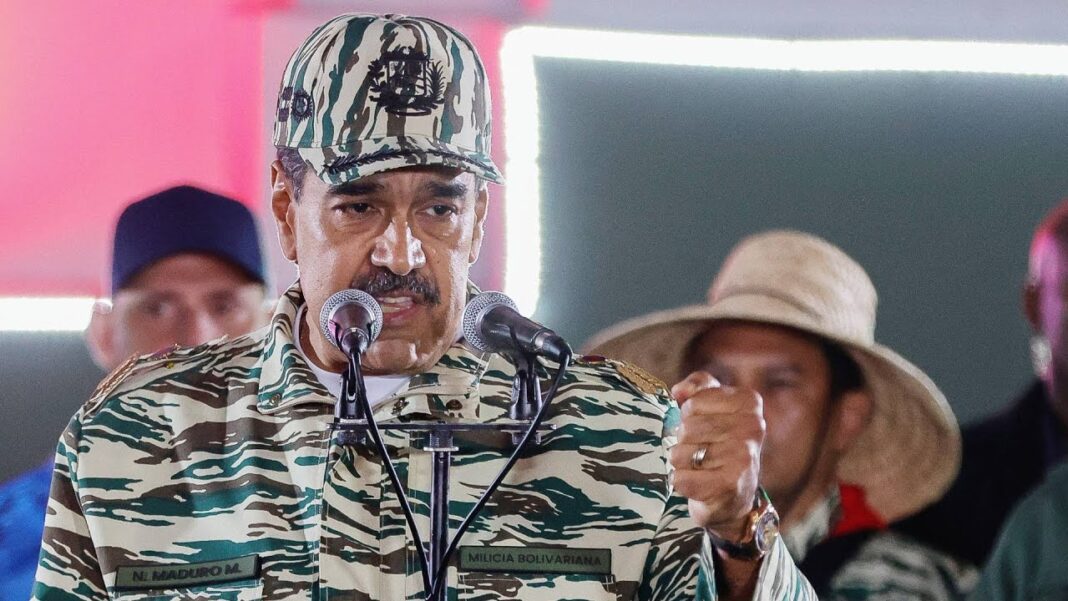Trump has not ruled out the possibility of U.S. strikes on land-based targets or other military action against Venezuela specifically.
WASHINGTON—House Democratic lawmakers introduced legislation on Nov. 21 seeking to block funding for the use of U.S. military force in direct hostilities with Venezuela unless President Donald Trump and his administration first seek authorization from Congress.
Led by Rep. Seth Moulton (D-Mass.), the legislation asserts Congress’s constitutional responsibility to declare wars and authorize military actions.
“The Constitution is not ambiguous here: Congress decides when this country goes to war, not the president,” Moulton said during a press conference outside the U.S. Capitol on Friday.
“And this is not a war the American people want. We owe our troops better than this.”
Moulton was joined at the press conference by Reps. Jake Auchincloss (D-Mass.), Eugene Vindman (D-Va.), Chrissy Houlahan (D-Pa.), and Jimmy Panetta (D-Calif.).
Since August, U.S. forces have been massing in the U.S. Southern Command (SOUTHCOM) area of responsibility, which encompasses Central and South America as well as the Caribbean. Those forces have conducted at least 21 strikes on alleged drug boats since September, in an effort known as Operation Southern Spear.
Trump has not ruled out the possibility of U.S. strikes on land-based targets or other military action against Venezuela specifically.
Venezuelan President Nicolás Maduro faces federal charges in the United States for drug trafficking and narco-terrorism. He denies the allegations.
Among the U.S. forces gathered in the Caribbean Sea are around 2,200 Marines from the 22nd Marine Expeditionary Unit. Moulton, a Marine veteran, questioned this deployment.
“Let’s be clear, the thousands of infantry Marines sitting on ships off the coast of Venezuela do not interdict boats. They do not conduct drone strikes,” he said.
“I know, because I’ve been a Marine on those amphibious assault ships for months. Our only purpose is for fighting on the ground.”
Senate Democrats have already sponsored two war powers resolutions seeking to constrain the Trump administration’s use of military force in the SOUTHCOM region without congressional authorization. The second of the two would have specifically blocked military action in Venezuela. Both war powers measures failed in the Republican-majority Senate.
In a statement of administration policy denouncing the second war powers resolution, the White House said the measure “fails to recognize the imminent national security threats posed by violent drug-trafficking cartels operating in and around the Caribbean Sea that have, in some cases, a connection or affiliation with the illegitimate Maduro regime, which the United States does not recognize as the government of Venezuela.”
By Ryan Morgan and Nathan Worcester








